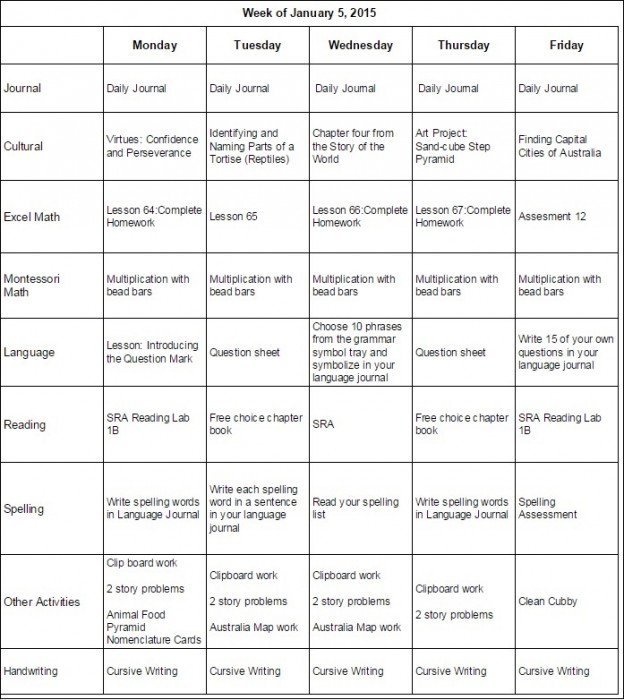

One way to build resilience is by preparing for obstacles with implementation intentions, which are if–then plans designed to help people achieve goals. “Give yourself permission to be human,” Levy says. Training your brain to see opportunity where you once saw a roadblock is possible. No one falls into one mindset 100 percent of the time. If you lean toward a fixed mindset, the good news is that it’s not permanent. Growth mindsets view them as opportunities for positive change. Fixed mindsets view mistakes or setbacks as insurmountable. Her research identifies two basic mindsets: fixed and growth. In resilience coaching, Levy often refers to the work of psychologist Carol Dweck. How well you deal with those obstacles depends on your perspective. “People who connect meaning to their goals are more motivated,” says Levy Be resilient.Įven with a good plan, obstacles will arise. Studying subjects that give your life purpose or meaning can also be beneficial.

These can be things you’re proud of, things you’re grateful for, or things that simply bring a smile to your face. One exercise that Levy recommends is writing down three good things at the end of each day. “Every strength if overused becomes a deficit,” says Levy.Īside from making time for yourself, you can practice building positivity. But it’s also important to know that sometimes strengths need to be tempered. Once you know what your strengths are, you can play to them. The test ranks users’ character strengths from strongest to weakest, allowing for an objective view into where you excel and where you may need work. One in particular-the Character Strengths Test from VIA Institute on Character-can help you gauge your strengths and weaknesses. So how can you reframe your thinking?Īccording to Deb Levy, the field of positive psychology offers many useful tools. But knowing your strengths and how to use them effectively can have a much more substantial effect on success and well-being. It’s human nature to want to correct weaknesses. Deb Levy, a certified life and business coach, and a Harvard Extension career workshop leader, offers five tips in this video to help you succeed in your coursework. You’re juggling your career, classes, family, and friends.


The start of the semester can be a hectic time.


 0 kommentar(er)
0 kommentar(er)
